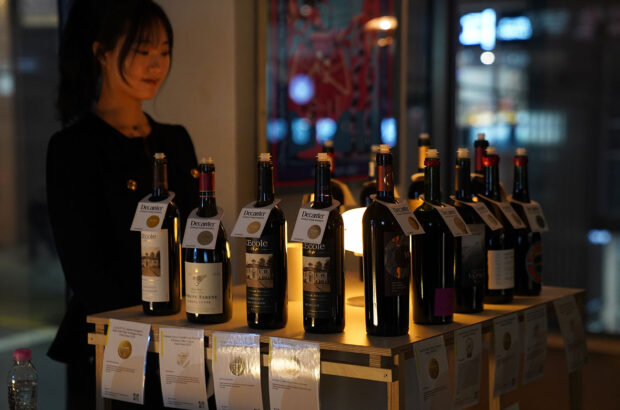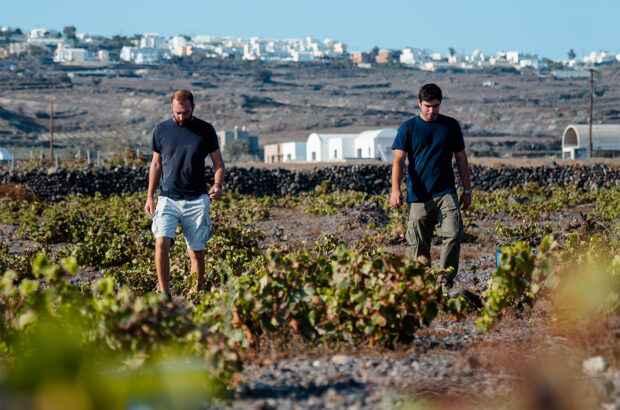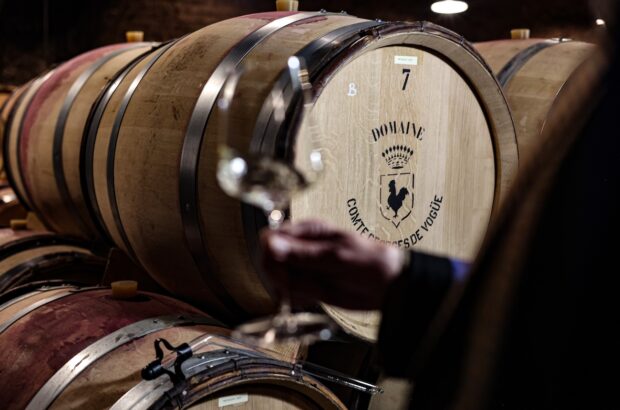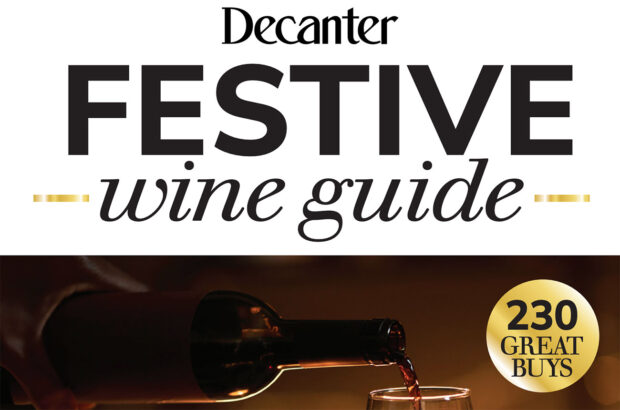It took just a week of testimony and barely more than an hour of deliberation for a jury to convict 37-year-old wine fraudster Rudy Kurniawan, but the ramifications of this case may not be resolved so quickly, says Michael Steinberger
Kurniawan was found guilty yesterday in a federal court in New York on charges of mail and wire fraud in connection with the sale of fraudulent wines.
To anyone who watched the trial, the outcome was a foregone conclusion.
Observers spent much of the trial wondering why the case had even reached a courtroom. Given the weight of the evidence against Kurniawan and the feeble defense that his lawyers offered—they called just one witness before resting their case—it is a mystery why the Indonesian-born collector didn’t plead guilty months ago.
His decision to force a trial could very well count against him at sentencing, which is scheduled for 24 April. Kurniawan is facing 20 years on each of the counts against him and is facing deportation once he gets out of prison. He has been living in the US illegally since 2003.
The verdict didn’t appear to come as a shock to Kurniawan, who remained impassive as the jury read its decision.
Lead defence attorney Jerome Mooney said that he would appeal the conviction and reiterated his contention that the fine wine market was rife with corruption and that Kurniawan had been made a fall guy for the industry’s pervasive fraud.
This was the first time that the US government had pursued a criminal case involving wine counterfeiting. The guilty verdict was a major victory for the US Attorney’s Office for the Southern District of New York, and in particular the lead prosecutor, Assistant U.S. Attorney Jason Hernandez.
It is also a victory for FBI Agent James Wynne, a specialist in art crimes who began investigating Kurniawan not long after the young collector was caught trying to sell several dozen allegedly fake Domaine Ponsot bottles at an Acker Merrall & Condit auction in New York in 2008. Wynne testified in the trial last week, along with three of Burgundy’s most acclaimed winemakers, Aubert de Villaine, Christophe Roumier and Laurent Ponsot.
For Ponsot, Kurniawan’s conviction is vindication, too, the culmination of a personal crusade that began in April 2008, when he first learned about the Acker sale and the consignment of suspect Ponsot bottles.
Looking ahead, Kurniawan’s legal woes may not be over. Billionaire collector Bill Koch, who testified at the trial last Friday, is still pursuing the lawsuit that he filed against Kurniawan in 2009.
Koch claims the young collector sold him several counterfeit bottles at an Acker Merrall auction in 2006. A spokesman for Koch indicated yesterday that the energy tycoon has no plans to drop his lawsuit against Kurniawan.
The question now is whether there are other players in the wine market who could be vulnerable to prosecution, either in conjunction with the Kurniawan matter or for reasons unrelated to it, and whether the government, buoyed by its success in this case, will seek to move against them.
Written by Michael Steinberger







